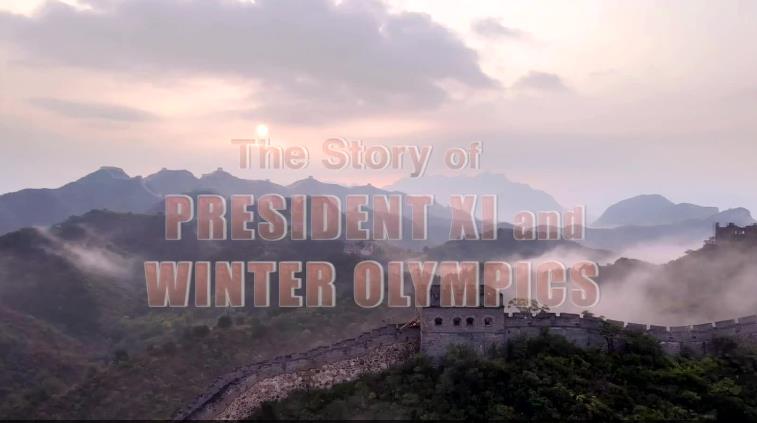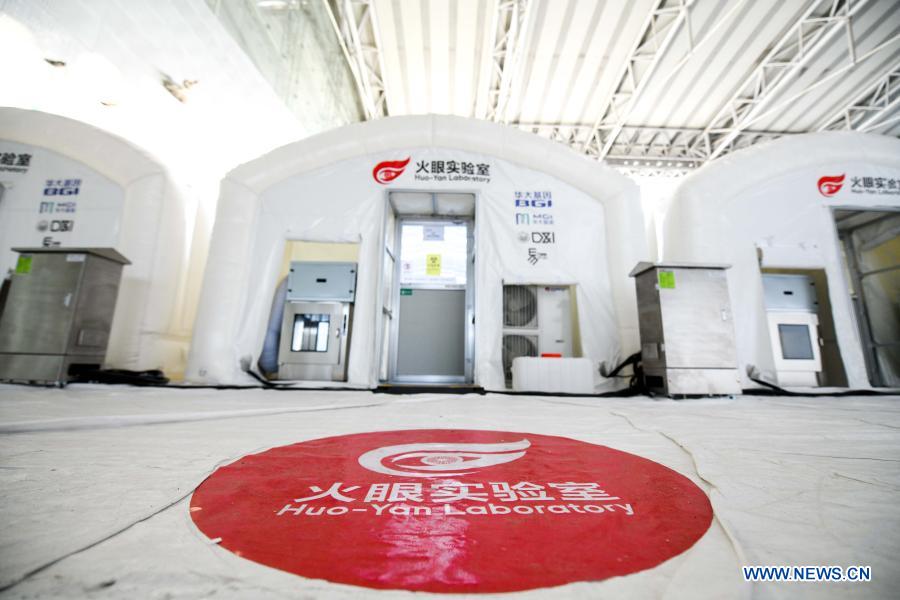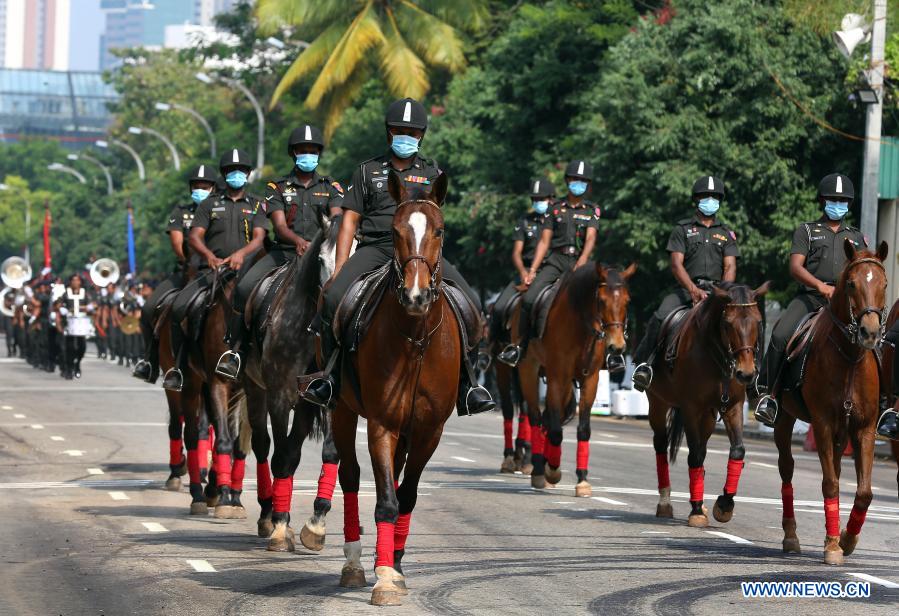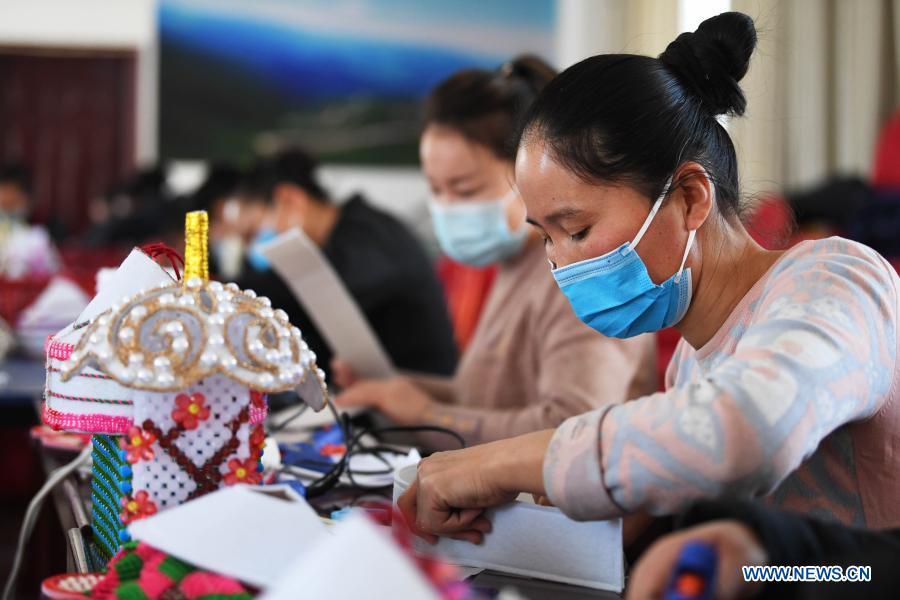-- President Xi Jinping has championed China's drive of getting 300 million people involved in winter sports.
-- The 2022 Winter Olympics has become a catalyst to promote sustainable economic growth not only in Beijing but in areas surrounding the capital.
-- Beijing 2022 serves as a bridge of solidary and cooperation.
By sportswriters Gao Peng, Wang Meng and Su Bin
BEIJING, Jan. 31 -- A puck zips around the rink so quickly that it's hard to keep up. Wearing a full-body suit, Bahe Dana is ready to dive, slide, and jump back up into a ready stance at a moment's notice.
At an outdoor rink in northwest China's Xinjiang Uygur Autonomous Region, 8-year-old Bahe Dana is learning how to play ice hockey goalie. "I like this game because it's cool to play and you can get to ice skate," says Bahe, one of the first generation in China to grow up with ice hockey.
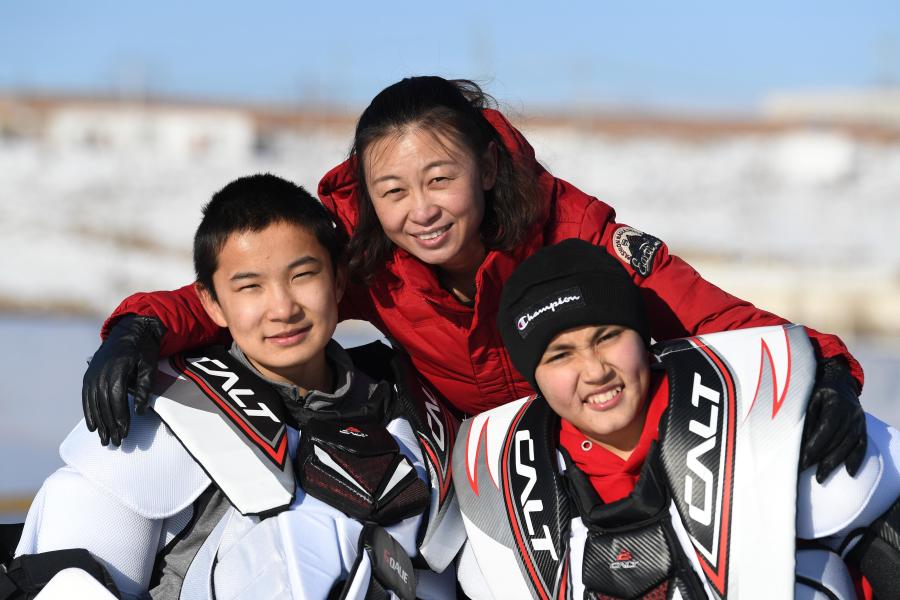
Bahe Dana (R) of a local school's ice hockey team poses with his coach Zhou Xiaofeng (C) and his teammate during a training session in Fuyun County, in Altay, northwest China's Xinjiang Uygur Autonomous Region, on Dec. 25, 2020. (Xinhua/Sadat)
Winter sports in China was once considered a foreign and unaffordable pastime, but thanks to a drive initiated by President Xi Jinping, more are now taking to ice rinks and ski slopes.
A PROMISE MADE TO THE WORLD
On July 31, 2015, the International Olympic Committee (IOC) awarded the 2022 Winter Olympics to Beijing, making the Chinese capital the first city to host both the Summer and Winter Games.
Xi appeared on television hours before IOC members cast their votes to personally guarantee a "fantastic, extraordinary and excellent Olympic Winter Games."

